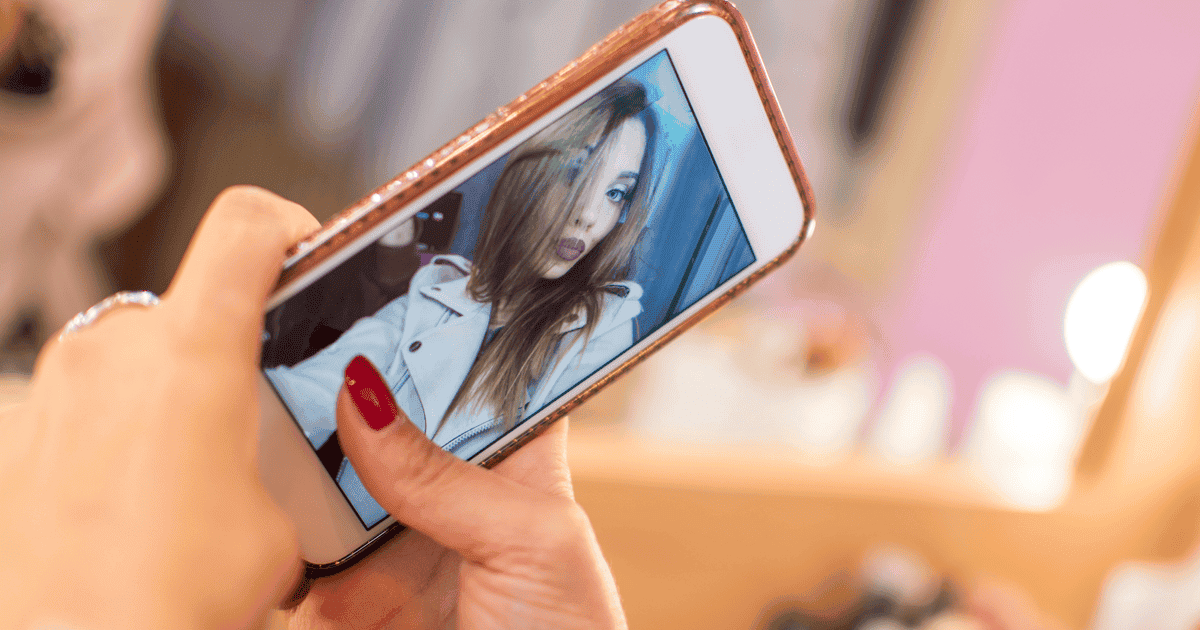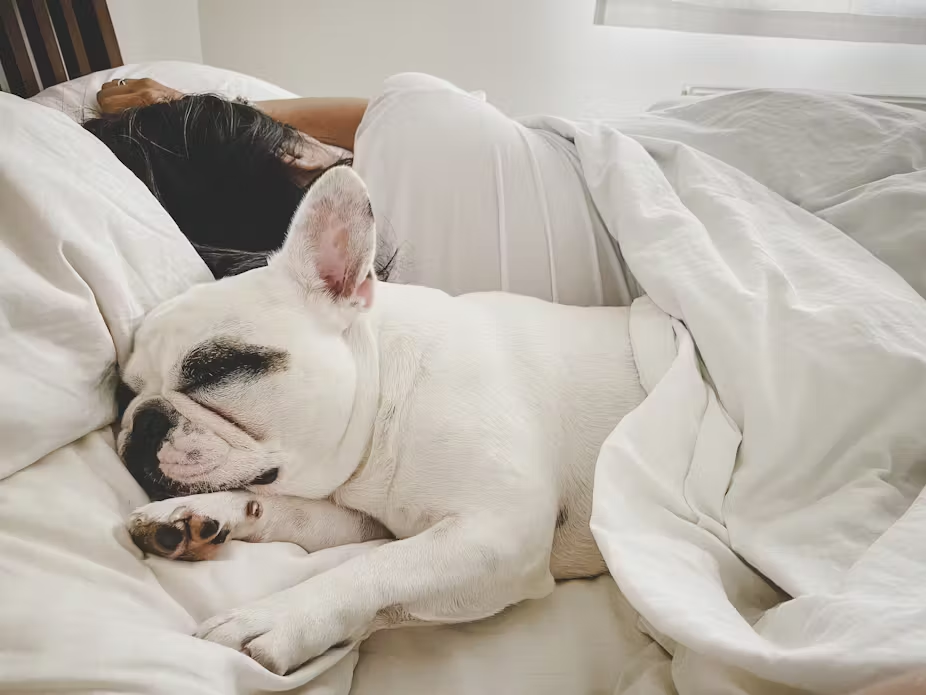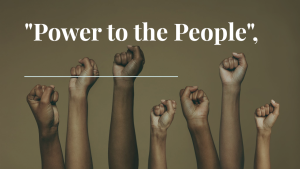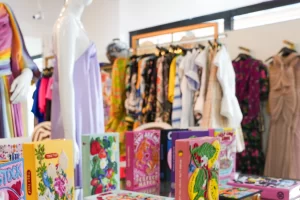Helping young people authentically express themselves online to improve their well-being
Helping young people authentically express themselves online to improve their well-being

How can we help children express themselves safely online while encouraging them to love who they are? Dr. Elizabeth Milovidov, Esq. Shares information about what you can do as a parent to address this issue.
Impact of social networks on self-expression
Social media has played a huge role in allowing teens and young people to get involved, share, and connect in ways that get more creative every day. Whether teens are dancing Tik Tok , pointing out tips on Instagram Reels , or sharing on the latest social media platform, online self-expression allows teens to express their thoughts, feelings, and ideas.
These young content creators can choose artistic and colorful ways to express their personality and style; However, adolescents and young people may not be aware of how social media can influence and change their behavior and even change the way they see their own image and body.
Parents can help their teens and youth use social media and technology in ways that enable creative discovery and innovation, as well as wellness and authenticity. Parents can engage in thoughtful conversations about online trends and influences, explore content from the latest influencers, and offer guidance on how to ‘keep it real’ in the online world.
Some conversation starters:
What kind of editing app did you use to create that style?
Using editing tools can be fun and create a bit of sparkle, but youngsters need to know when editing is going too far.
Why is the image blurred at certain points? Do you think it really looks like this in real life?
A lot of images we see online have been edited and having discussions about what is real, what is altered, what is Photoshopped can help young people to realize the illusion.
I wonder how it must feel to meet someone in person when the image doesn’t match the person.
Providing opportunities for young people to understand disappointment when someone doesn’t ‘match their illusion online’ can provide empathy and awareness for their own images.
Do you think universities or employers really check social media profiles?
Universities and employers can look at publicly available data, and children and youth may want to do a Google search in their own names to see what’s in the online space.
Do you think it’s easy to have a positive body image and self-image when viewing edited images?
Having open and transparent discussions about wellness, authenticity, and self-image can guide youth toward more positive uses of social media platforms.
Social media will always be a place to socialize, share and connect, and experiences can be positive if we engage responsibly, both in what we share and what we receive. Our children and young people must be able to distinguish reality from online illusion, the real friendships of thousands of anonymous followers, and the positive uses of noise-making technology in a vacuum, and with the support and guidance of parents, They can do it.







